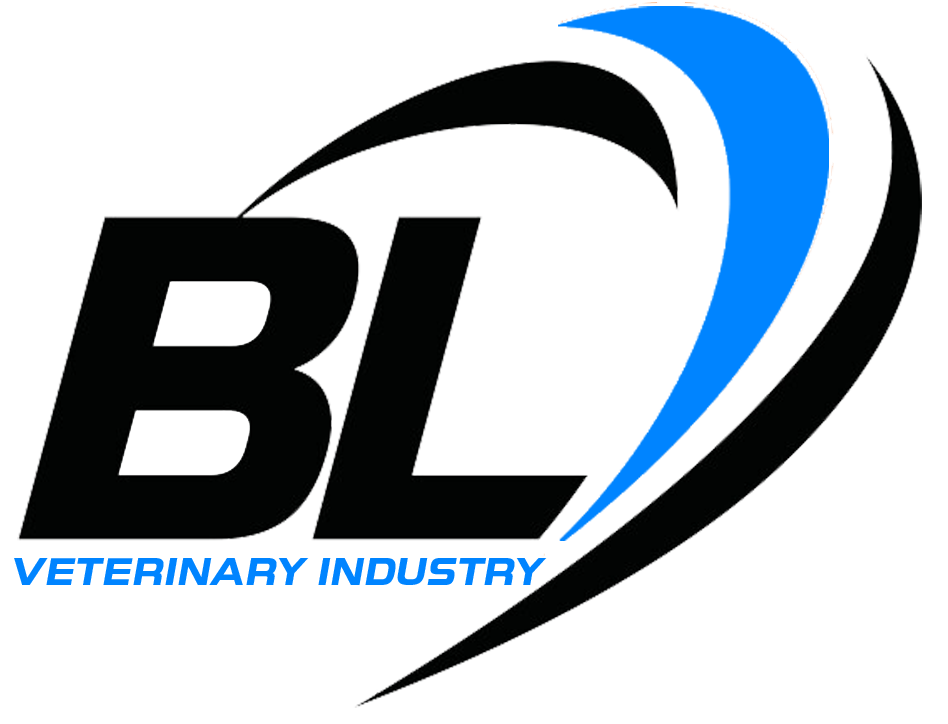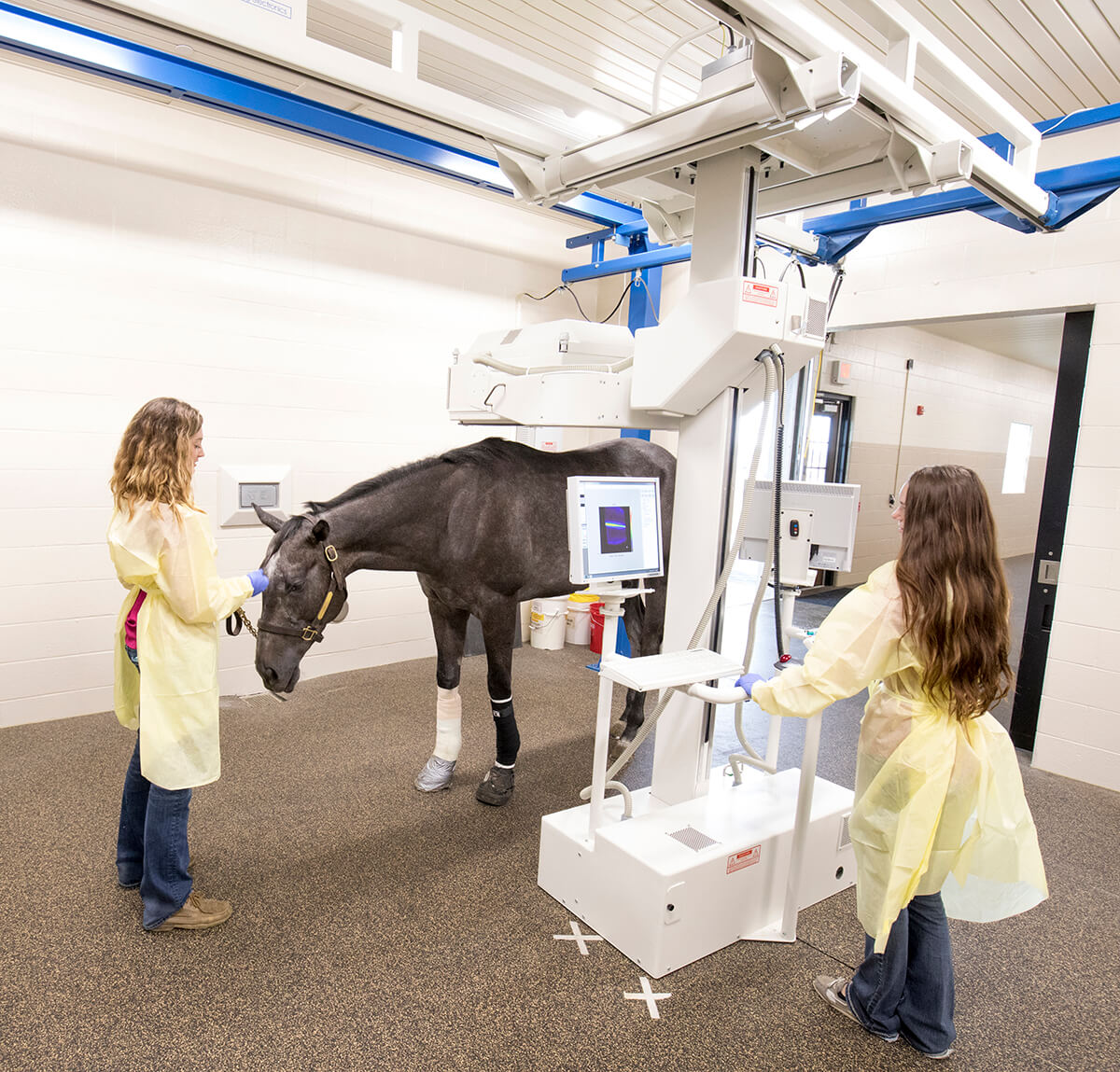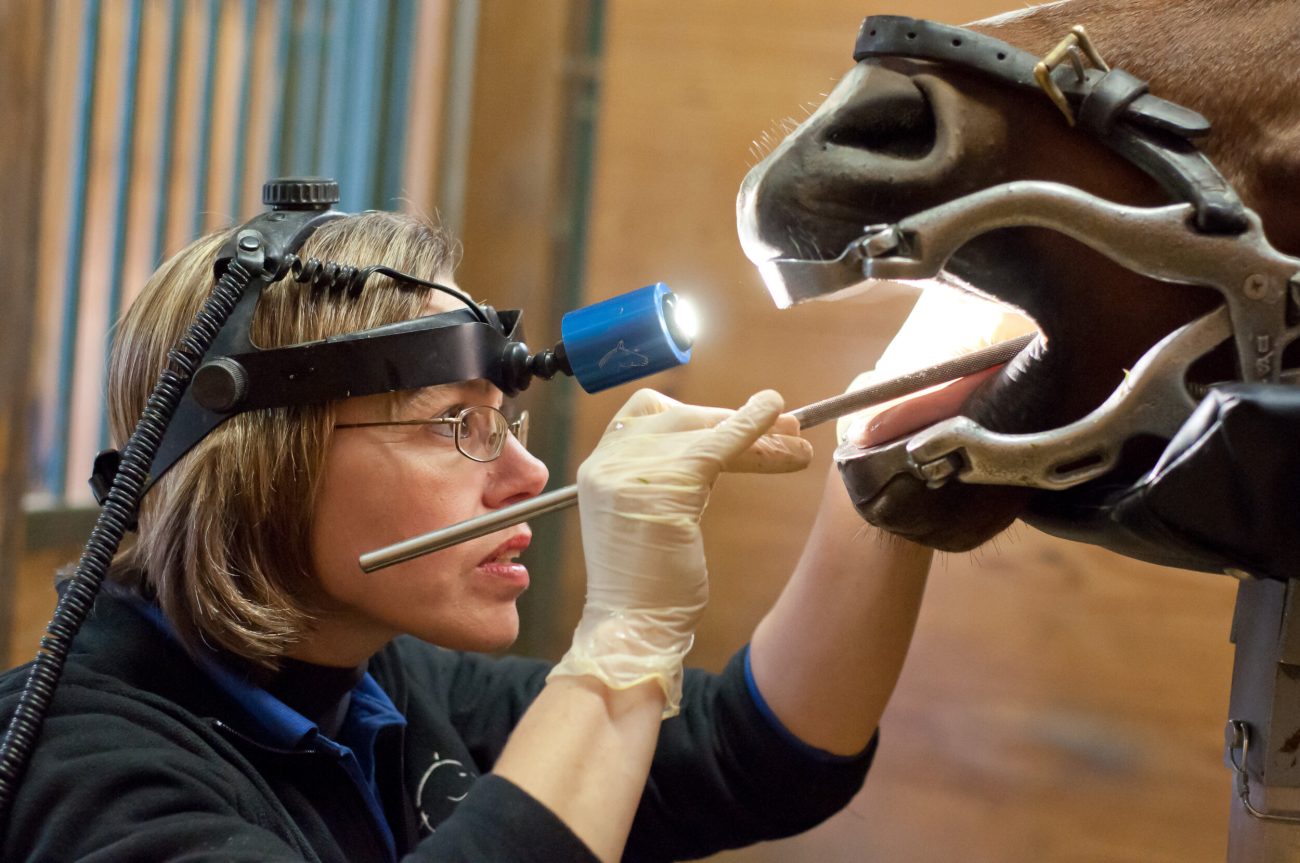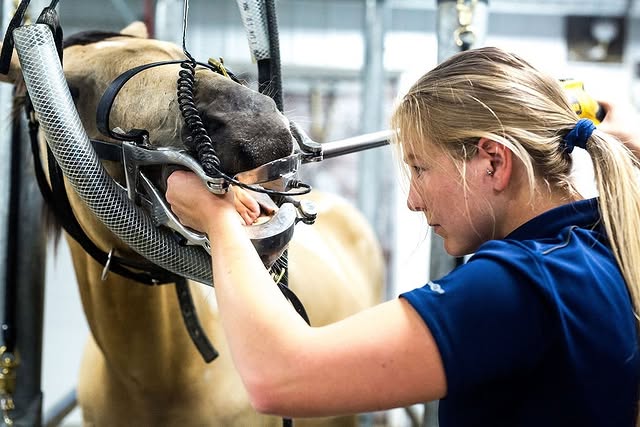Essential Surgical Instruments Every Veterinary Clinic Should Have
Veterinary surgeries—whether minor or major—require precision, care, and above all, the right instruments. Choosing the correct surgical tools ensures safe procedures, reduces recovery time, and increases the overall success rate of surgeries. In this article, we highlight the most essential surgical instruments every veterinary clinic should have.
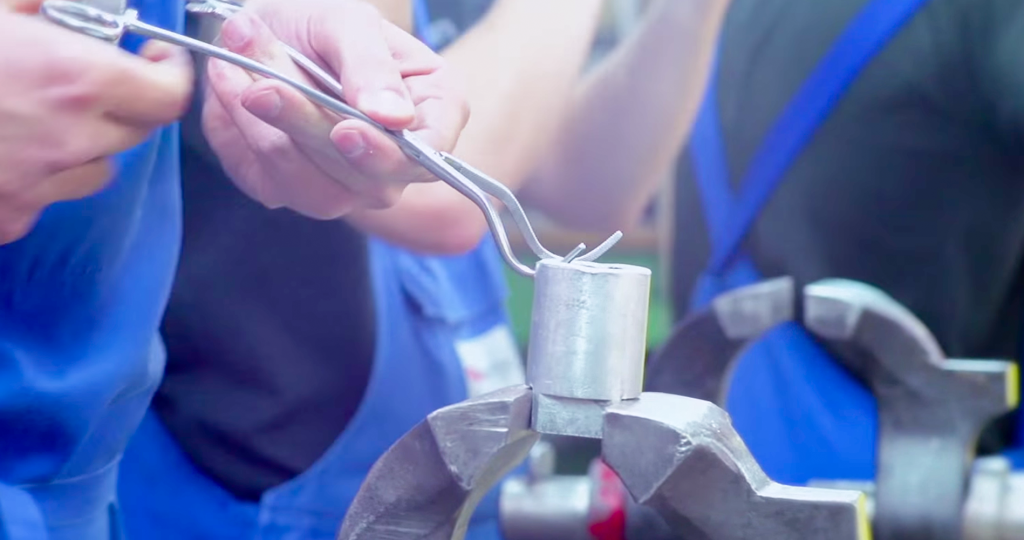
🔪 1. Scalpels and Blades
Scalpels are the foundation of surgical procedures. Different blade sizes and handle types allow for varied incisions. Disposable and reusable blades should always be available in your toolkit.
✂️ 2. Surgical Scissors
Used for cutting tissue, sutures, and gauze, surgical scissors come in many types:
- Mayo scissors (heavy tissue)
- Metzenbaum scissors (delicate tissue)
- Suture scissors
Choosing the right pair ensures cleaner cuts and better control during operations.
🧲 3. Forceps and Tweezers
Forceps are used to hold or manipulate tissue. Popular types include:
- Adson forceps
- Allis tissue forceps
- Hemostatic forceps (like Kelly or Mosquito forceps) for controlling bleeding
🪝 4. Needle Holders
These are used to securely grip surgical needles during suturing. Mayo-Hegar and Olsen-Hegar types are widely used and appreciated for their versatility.
🔍 5. Retractors
Retractors like Gelpi or Weitlaner are used to hold back tissues or organs, providing better visibility and access during surgery. They are essential in both soft tissue and orthopedic procedures.
🧼 6. Suture Kits
Suturing is a common practice post-surgery. A good kit includes suture needles, thread, scissors, and needle holders. Use absorbable or non-absorbable sutures depending on the procedure.
🩺 7. Sterilization-Ready Materials
Always ensure surgical instruments are made from medical-grade stainless steel, which resists corrosion and allows for effective sterilization in an autoclave.
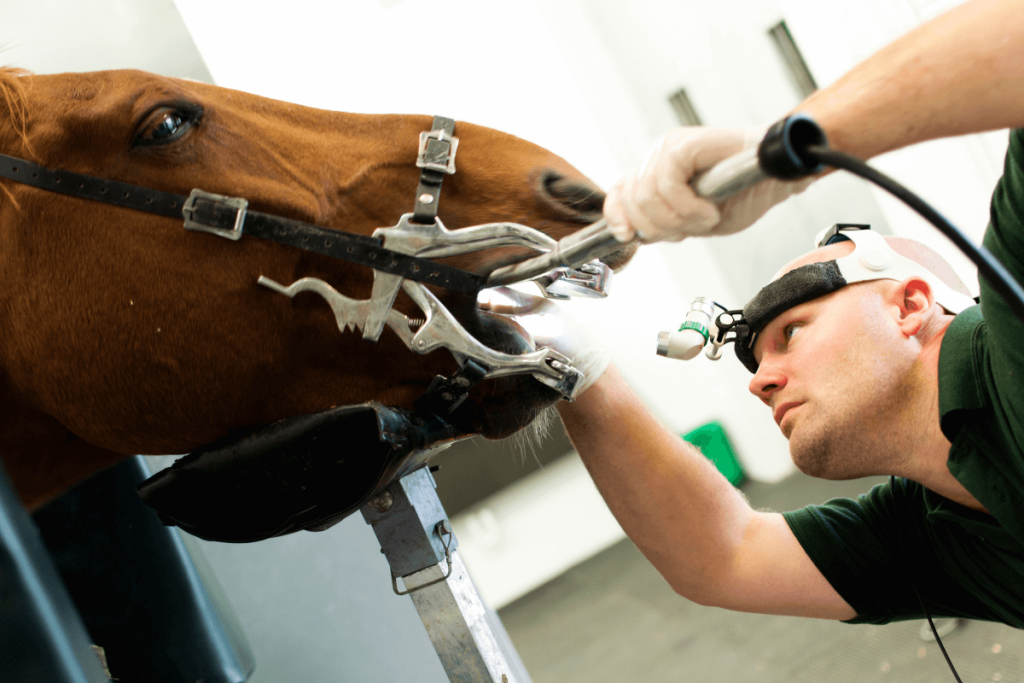
🛠️ Why Quality Matters
Low-quality tools can result in surgical errors, increased animal discomfort, and longer healing times. At BL Veterinary Instruments, we provide high-precision surgical tools trusted by veterinary professionals worldwide.
✅ Final Thoughts
Equipping your clinic with the right surgical instruments not only ensures efficient surgeries but also builds client trust and improves animal outcomes. Invest wisely and always prioritize quality, safety, and usability.
